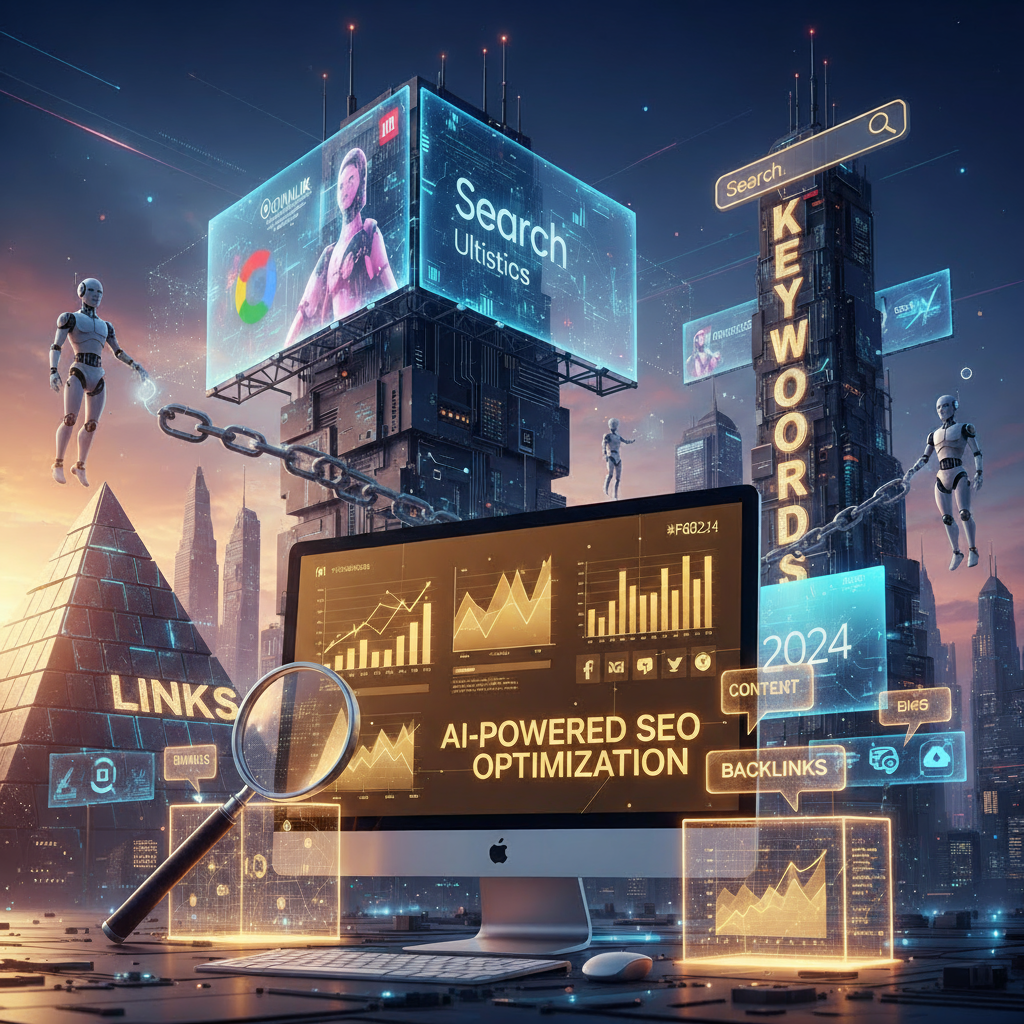The Intersection of AI Search Optimization and Traditional SEO
Artificial intelligence is transforming how digital content is discovered and ranked, reshaping search algorithms and the interpretation of user intent. AI-driven tools influence both the mechanics of search and the strategies SEO professionals must adopt to maintain visibility and relevance.

Evolving Foundations of Search Optimization
Traditional SEO focused on keyword placement, backlink strategies, and technical site health. AI search optimization goes deeper by analyzing user intent and context through machine learning algorithms that interpret nuances in language, behavior, and preferences. This shift requires SEO professionals to understand how AI models evaluate content relevance and quality.
Content creation is evolving beyond keyword-stuffed pages. AI systems assess semantic relationships, topical authority, and user engagement with greater precision. SEO specialists must collaborate closely with content creators to produce material aligned with AI’s interpretive frameworks.
Changing SEO Strategies
Exact-match keywords and link quantity are giving way to content depth, user experience, and contextual relevance. SEO experts need to interpret AI-driven analytics and adapt campaigns to evolving ranking criteria. Continuous learning and experimentation are essential, as AI models are dynamic and frequently updated. Content optimized for AI’s understanding tends to perform better in delivering meaningful results.
Navigating AI’s Impact on SEO
The integration of AI into search algorithms introduces complexities beyond traditional keyword strategies and backlink building. SEO practitioners must broaden their expertise to include AI’s interpretive mechanisms and align SEO efforts with broader objectives. This shift challenges conventional SEO boundaries, urging specialists to lead in AI-driven visibility.
A significant challenge is the limited transparency of AI search systems. Unlike traditional tools that provide clear data on user interactions and keyword performance, AI-powered platforms often offer little insight into query processing or ranking. This opacity complicates attribution and measurement, requiring new methods to influence off-site channels and manage expectations amid uncertainty.
Despite AI’s rise, understanding real-world user intent and marketing principles remains essential. A balanced approach integrates AI insights with human-centered strategies to keep SEO efforts relevant across diverse audiences.
SEO professionals who expand their skill sets and collaborate across functions will be better positioned to drive growth. The evolving landscape demands a blend of technical acumen and strategic vision to meet AI’s challenges and opportunities.
Frequently Asked Questions About AI Search Optimization and SEO
How does AI change search engine interpretation of content?
AI-driven systems analyze context, user intent, and semantic relationships rather than relying solely on keyword matching and link profiles. SEO strategies must focus on crafting content that genuinely addresses user needs in a meaningful way.
What about the transparency of AI-powered search algorithms?
AI models often operate as black boxes, making it difficult to determine how content is ranked. SEO professionals should focus on broader engagement signals and user satisfaction metrics, collaborating with data analysts to interpret AI-driven insights.
How does AI impact content creation within SEO?
Content must resonate deeply with audiences, demonstrating topical authority, coherence, and user engagement. SEO and content teams should work together to produce informative, well-structured material that meets AI algorithms’ nuanced expectations.
How can SEO professionals adapt to this evolving environment?
Continuous learning and flexibility are key. SEO specialists should develop skills in data interpretation, user experience design, and strategic content planning to navigate AI’s complexities and maintain search visibility.
Conclusion
Adapting to AI in search optimization requires rethinking traditional methods and adopting a strategic, user-focused approach. Success depends on understanding user intent, semantic relevance, and engagement beyond keywords and backlinks. By combining technical expertise with creativity and ongoing learning, SEO professionals can leverage AI to create meaningful, high-quality content that resonates with search engines and audiences, driving sustained visibility and growth.
For more insights, read the original article by Search Engine Land: AI search optimization: SEO at a crossroads.
As noted by the article’s author, “AI-driven tools influence both the mechanics of search and the strategies SEO professionals must adopt to maintain visibility and relevance.”













.png)

